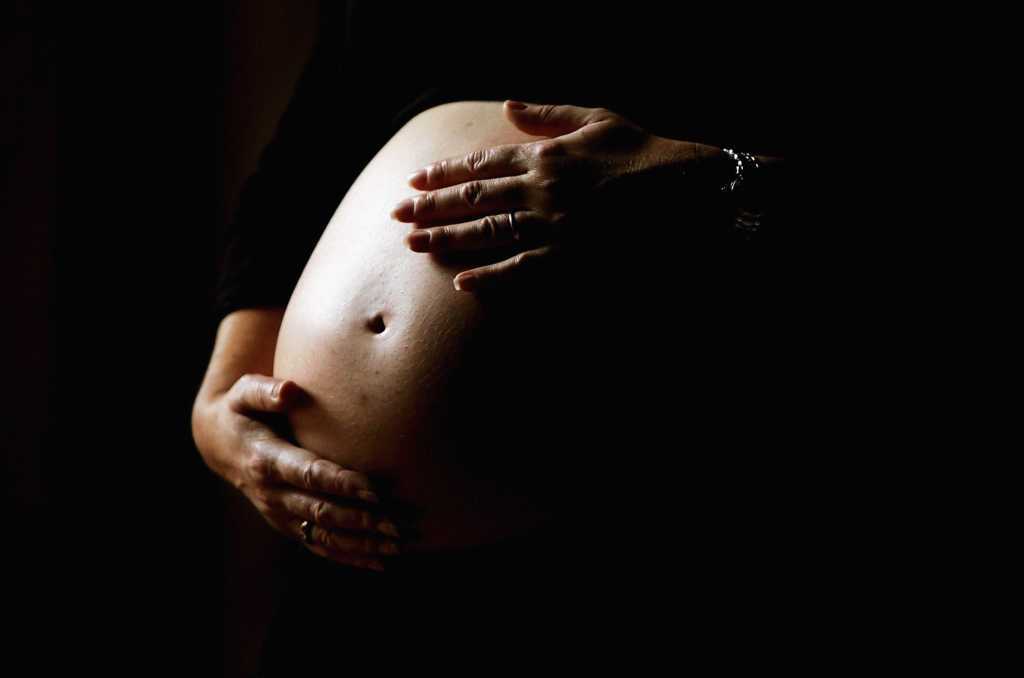The horrifying details of a Louisiana woman’s botched abortion at a clinic in Baton Rouge are one reason “born alive” laws are making headlines again.
On March 15, the woman went in for an abortion and ended up being sent to a local hospital to have emergency surgery and a hysterectomy, following the botched abortion, according to a report by WAFB 9.
“It is atrocious that the Delta abortion clinic failed to even have basic medical supplies, such as IV fluids, on-site to stabilize this patient during an emergency,” Benjamin Clapper, the Louisiana Right to Life Executive Director said.
Unfortunately, this case is not a one-off issue.
According to Fox News, forty babies were born alive following botched abortions in three states alone since 2016.
In June, Minnesota reported that 11 infants were born following botched abortions since 2016. Likewise, Arizona also reported that the state had a total of ten born alive babies in 2017, and Florida had nineteen since 2017.
These numbers only tell a portion of the story, as only a few states have laws for clinics to report botched abortions to the state. Four other states, Michigan, Oklahoma, and Texas have laws similar to the ones in Minnesota, Arizona, Florida, and Arkansas which will show abortion data in the coming years.
Even though the botched abortion numbers are only coming from three states, it’s enough to warrant attention to the issue.
Born-Alive Abortion Survivors Protection Act
Republicans have tried to push voting on the “Born-Alive Abortion Survivors Protection Act” every day Congress has been in session since February.
The bill, sponsored by Rep. Ann Wagner (R-Mo), would require doctors to provide medical assistance to babies born alive after a botched abortion. The “Born-Alive Abortion Survivors Protection Act” does not change laws in regards to abortion, it simply requires doctors to give medical care to babies born alive.
House Republicans have attempted to bring the legislation to a floor vote 80 separate times now, but every single time House democrats block the vote from taking place.
Senate Republican Ben Sasse tried to bring the bill to a vote in the Senate, but it was blocked by the Senate minority as well.
Earlier this year, different states in the U.S., including New York, Rhode Island, and Virginia voted on late-term abortion laws, allowing abortion up to birth in some states.
Democratic Governor Northam of Virginia faced criticism after he made comments that hinted at advocacy for infanticide.
“The infant would be delivered,” Northam said in the now controversial radio interview. “The infant would be kept comfortable. The infant would be resuscitated if that’s what the mother and the family desired, and then a discussion would ensue between the physicians and the mother.”
At a rally in Manchester, N.H. this past week President Trump pointed out that nearly every Democrat supports late-term abortion, calling out Governor Northam in particular.
“Virtually every top Democrat also now supports late-term abortion, ripping babies straight from the mother’s womb, right up until the moment of birth, and, in the case of the Virginia governor—he’s having a rough, rough time,” Trump said. “The doctor talks to the mother. The baby is now born … and then they decide whether or not to execute the baby. That is why I have asked Congress to prohibit extreme late-term abortion, is because Republicans believe that every child is a sacred gift of God.”
The CDC first began requesting states report babies born after botched abortions following the Born-Alive Infants Protection Act that President George W. Bush signed into law in 2002.
The law held no punishments or reprimands for doctors that violate the law, which is where the new “Born-Alive Abortion Survivors Protection Act” differs.
Let’s pray that the house allows for the legislation to be brought to a vote, and the lives of the unborn are protected.



